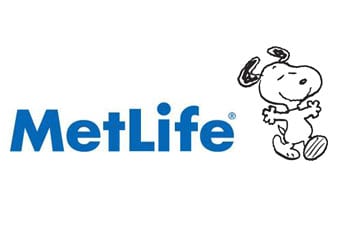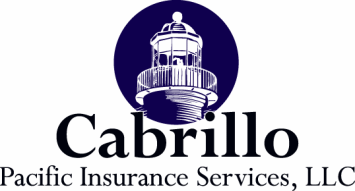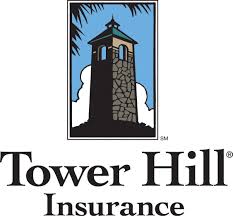Life Insurance Buy – Sell
Buy-Sell and Life Insurance
As a partner of a business or family member of a business owner, you’ve invested years in building a valuable interest in your company. It is possible that you have considered setting up a buy-sell agreement to ensure your family a smooth sale of your business interest and are looking into funding methods. Life insurance is one of the first methods you should consider. The life insurance that funds your buy-sell agreement will create a sum of money at your death that will be used to pay your surviving family or estate the full value of your ownership interest.
Once a business attains a meaningful value, it is important that a buy-sell agreement is implemented to insure a smooth transition to its future owners. In the case that you were to die, the policy owners would receive the death benefits from the policies placed on your life. That money is then paid to your surviving family members as payment for your interest in the business. If all goes well, your family receives a sum of cash they will be able to use to sustain them after your death, as well as the continuity of your company being ensured.
Some business benefits of a buy-sell agreement
A buy/sell agreement gives you, the employer, peace of mind knowing that your business is in capable hands should they no longer want or be able to manage it. Buy/sell also:
- Provides money to create a fair market value exchange
- Buy/sell promotes equitable transfer of wealth, management and ownership
- In some instances offer tax advantages
- Buy/sell guarantees heirs a buyer for assets they may or may not know how to manage
- provides money to pay for estate debt, taxes and expenses
Buy-Sell may be beneficial for business partners and employees
As far as employees are concerned, a buy-sell agreement offers a way to purchase a company they have invested interest in but may not have the capital for. Some more advantages include:
- Offers remaining owners that the deceased’s share of the company will not pass to an unsuitable candidate
- Assures continuity for creditors, customer and employees
Buy-Sell Agreements Cross Purchase or Stock Redemption
The buy-sell agreement may be used in the form of a cross-purchase agreement among shareholders, a stock redemption agreement between the corporation and the shareholders, or a combination of both.
Stock Redemption Agreements
Most corporate stock redemption agreements require the shareholder to sell, and the corporation to buy, his-her shares at the specified price or under a formula specified in the agreement upon the occurrence of certain specified events. This type of agreement may include a right of first refusal procedure that requires a stockholder who wishes to sell out during his-her lifetime, firstly to offer to sell his shares to the corporation at a price which is declared in the agreement. The only instance the stockholder can sell to outsiders is if the corporation turns down the offer.
Cross Purchase Agreements
Most cross-purchase agreements require a stockholder who wishes to sell out during his lifetime to first offer to sell his shares to other stockholders. The stockholder can sell his interest to outsiders as long as they refuse to buy. In the case that a stockholder dies the typical agreement requires the shareholder or his estate to sell, and the surviving stockholder to purchase his shares. Combining Redemption and Cross Purchase Agreements may be combined where so desired
Life Insurance funding the future cost of buying shares of a stockholder
Stock redemption and cross purchase types of buy-sell agreements may be funded with insurance on the life of every stockholder, in order to guarantee the availability of funds for the required purchase of a stockholders shares.
For any questions regarding buy-sell agreements and life insurance give us a call at 386-734-3970
Related: Life Insurance. Term vs. Whole Life, Key Person, Final Expense, Mortgage Insurance
386-734-3970
Insurance Since 1907



















